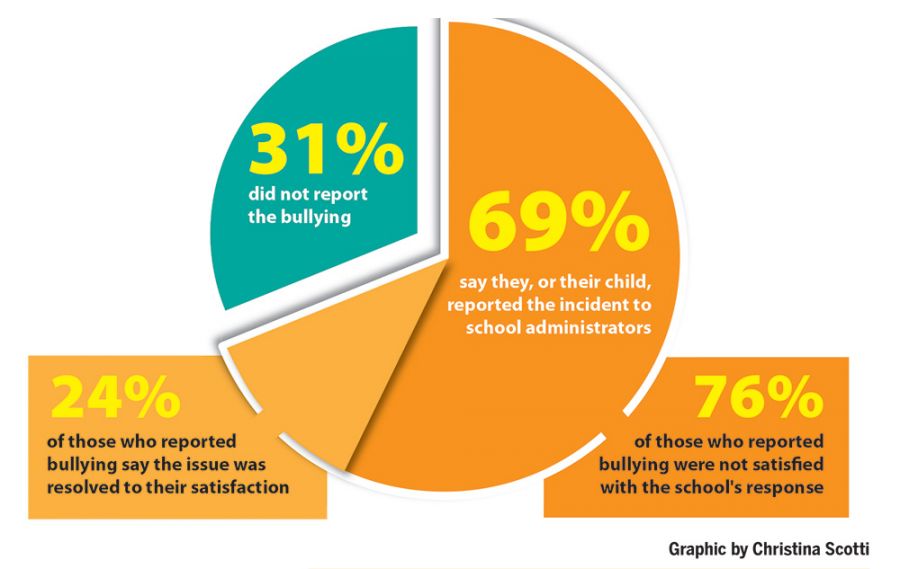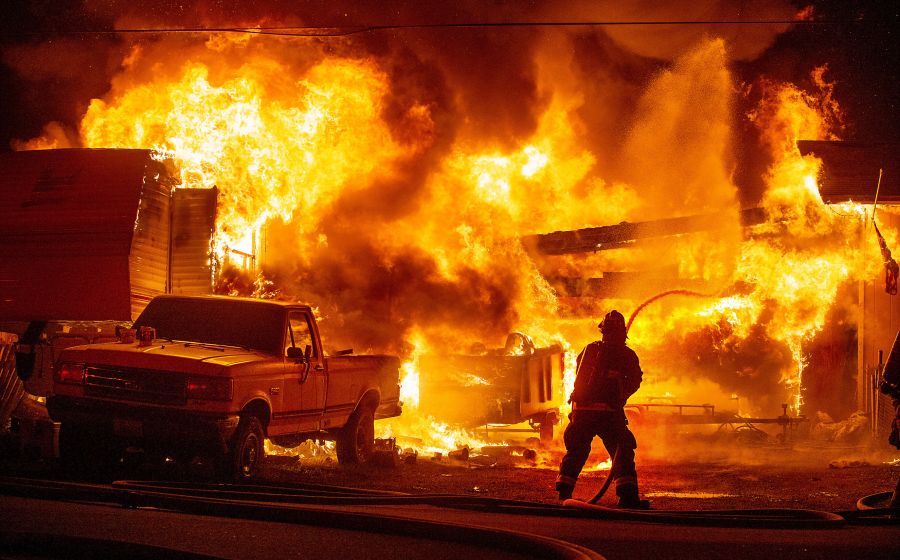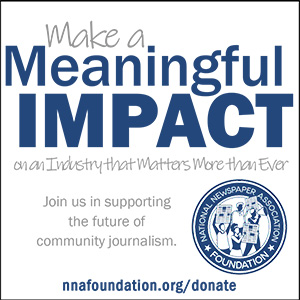
National Newspaper Association
Protecting, Promoting and Enhancing Community Newspapers Since 1885
Everyday Ethics by Jim Pumarlo
Jim Pumarlo writes, speaks and provides training on community newsroom success strategies. He is author of “Journalism Primer: A Guide to Community News Coverage,” “Votes and Quotes: A Guide to Outstanding Election Coverage” and “Bad News and Good Judgment: A Guide to Reporting on Sensitive Issues in Small-Town Newspapers.” He can be reached at www.pumarlo.com and welcomes comments and questions at jim@pumarlo.com.
Business coverage vital to your product and community
Editors are regularly solicited to publish news that puts merchants in good standing. In small communities, grip-and-grin photos of check presentations often dominate the requests. The topic generated ...
Close the loop on local government budgets, tax levies
Local governments are putting the finishing touches on 2026 operations as this year nears a close. Budgets and tax levies have been presented to citizens, debated and adopted.
Don’t leave meetings until last person exits
In the midst of a fractured media landscape, community newspapers can play a big role — can stake a claim — to delivering substantive coverage of local public affairs by adhering to some basic ...
Smart hiring in modern newsrooms: Vetting for today’s editorial demands
Today’s realities demand an entirely new skill set. Reporters must be knowledgeable and adept in a variety of proficiencies to deliver news in the changing media landscape. Editors must craft corresponding ...
Start planning now to produce year-end edition
The Hallmark Channel has just wrapped up its movie lineup for those who love to celebrate Christmas in July. It serves as an excellent reminder to start planning keepsake year-end editions. Seize the opportunity ...
Don’t underestimate the value of communicating with readers
It's great advice for editors and publishers to explain changing policies to readers, especially in today’s fractured media landscape. The guidance to regularly communicate should always be top of ...
Explore ways to bring everyday statistics to life
Reporters are tasked with analyzing local impacts. It’s important to present numbers in an easy-to-understand fashion. Simple graphics can highlight the data at a glance. The final step is to put ...
Vibrant news product is key to generating revenue
Editors and reporters must be well grounded in the basics of journalism if newspapers are to remain relevant and make their case to sell subscriptions and advertising.
Producing relevant content requires knowing your community
Editors are regularly challenged: What mix of stories and photos will collectively make this edition a “must see” for readers and advertisers? There is no universal formula.
Fuel the offense in pursuit of advertising revenue
Publishers typically enter a new year with a lengthy to-do list. Among the greatest challenges is growing revenue in the fractured media landscape.
Press politicians on election promises
Your pages have been filled with campaign promises detailed in stories, letters to the editor and ads. The next logical step: Are the winners keeping their promises?
Nameless, faceless reports will drive away readers
What’s the most important piece of information for readers in these police reports?
One checklist for election countdown
Newspapers should seize the opportunity to reaffirm the principles that have guided their coverage for all these months and resolve to not get hoodwinked on election eve. Here's one do and don't check ...
One checklist for evaluating, advocating coverage of sensitive issues
To be certain, there is no universal right or wrong call on whether to publish a story and in how much detail. Several factors could be in play, including community norms and longstanding newspaper policy.
Omissions as damaging as glaring errors to credibility
First, give the opposing voices equal prominence. Court proceedings are a great example.
Deliver more than votes and quotes from government meetings
Newspapers, as representatives of readers in the public sphere, play a vital role in educating and engaging citizens to spur vibrant discussion on important public policy.
Step away from your desk and enrich community coverage
Are you producing quality content to keep reader and advertiser interest? What other community news are you missing by not regularly connecting with a broad array of individuals in formal and informal ...
Be responsible in exercising rights to public information
These instances, and many more, occurred during my tenure as editor of the Red Wing (Minnesota) Republican Eagle. Other editors can likely relate.
Editorials can serve variety of roles
Editors often feel the burden of publishing editorials that attempt to solve the problems of their worlds — their communities. In truth, editorials serve a variety of roles.



















